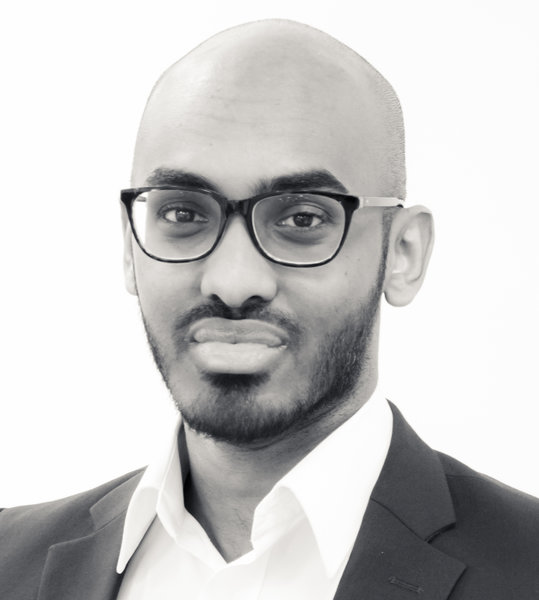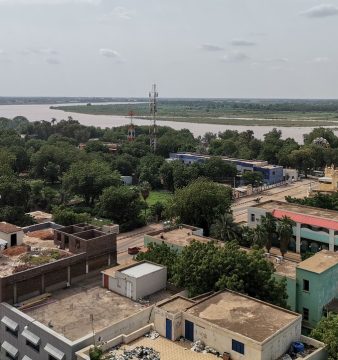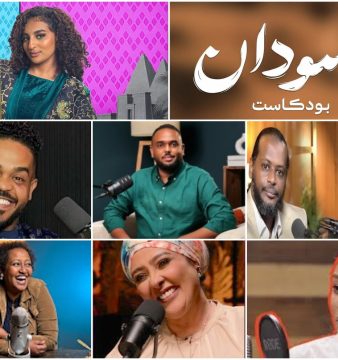Sudan Cannot Wait Until the World Opens its Doors

A lot has been made of Sudan being on the US list of state sponsors of terrorism. While this poses an obvious obstacle to development, removal from the list should not be the country’s singular focus; it is not the only impediment to growth and is not the main reason behind Sudan’s economic hardship.
Ultimately, there are no concrete steps Sudan can take to ensure its removal from the US list of state sponsors of terrorism, despite the positive rhetoric between the transitional government and several high-ranking American officials. Simply put, I do not see what US President Donald Trump has to gain from a move this progressive and the fact that there is no guarantee that Sudan does not fall right back into authoritarian rule.
The high of a successful revolution will fade away slightly with every passing day, only accelerated with economic hardship. It is naive to believe that change, true change, was going to come quickly, but one cannot help but feel that time is slowly running out. I can sympathise with the sensitive and unenviable position the transitional Sovereign Council, led by Prime Minister Abdallah Hamdok, finds itself in, balancing between an aggrieved military, a rogue and over powered paramilitary group and the angry, scared and still powerful previous political party.
It is for these reasons, among others, that the transitional government must prioritise policies to achieve local meaningful ‘wins’.
The diaspora
Much has been made of the role of Sudanese diaspora during the revolution. The hashtag #BlueforSudan and the social media movement that came with it was proudly carried out by those outside of Sudan to bring awareness to the atrocities the former regime has committed against its people. From protests to funding, the diaspora played an active supporting role from abroad.
Once former Sudanese president Omar Al Bashir was ousted on 11 April 2019 and the 11-member Sovereign Council came into power on 20 August 2019, there was a near immediate disconnect. There was an eerie ‘business as usual’ feeling, despite the landmark event that had just taken place. While yes, groups were created to help ‘rebuild’ Sudan, these seemed to be formed in silos with no real coordination between them.
More should be done to take advantage of the Sudanese diaspora. Aside from expertise and the will to help, the diaspora also hold foreign currency. Getting the best out of the diaspora will require programmes and projects in Sudan that are attractive (or at least, safe from corruption) for investment (financially or otherwise). Policies making it easier and safer to invest in the country, or that promote startups and businesses, would be a start.
Data
Sudan’s economic and political systems are, for the most part, entirely opaque. This makes it extremely difficult for policy makers to begin to come up with solutions to the problems plaguing the country. While data collection is not free, there is an unprecedented need to understand the needs of the citizens in a structured and productive manner. Organisations such as the Mo Ibrahim Foundation, an African foundation, focused on the importance of governance and leadership for Africa, would have strong expertise in the field and an ability to raise funds for data-collection and data analysis efforts. In addition to their macroeconomic use, microeconomic data could be further utilised to identify less obvious solutions to common issues. Not all of Sudan’s issues will require billions of US dollars to solve.
Corruption
The battle against corruption will, in my opinion, ultimately decide who wins, and whether or not Sudan falls back into authoritarian rule. Most sectors in Sudan suffer from a degree of corruption in what is a major obstacle to the country’s ability to function. Fighting corruption is also a necessary step towards successfully receiving any amount of funding from the World Bank or IMF.
Stories about smuggled gold and money, misused government funds and ‘leaked’ flour are all too common and remain a main topic of discussion over a year after the revolution. Swift and strong action is needed to put an end to these practices.
It is difficult for any government to tackle corruption, let alone a transitional government grappling with an uncertain future. Corruption impedes growth and investment, and disproportionately harms lower income and marginalised populations. A concerted and coordinated effort by the private sector, government and community is needed if the fight against corruption is to be won.
Hamdok’s cabinet is competing with other forces that have limited the cabinet’s ability to influence and create policies. Therefore, the cabinet may see that its strength lies in international relations. However, the limited role of ‘fund raiser’ will not be sufficient in ridding the country of its ills.

Born and raised in the Middle East, Suliman Mahir is a senior programmes officer and a self-diagnosed economics fanatic, working on youth economic empowerment projects across the MENA region and beyond.




